Achieve More With a Premier Online MBA for Working Professionals
The specialized Online MBA program from the Raymond A. Mason School of Business imparts essential business knowledge and builds the dynamic mindset necessary to lead in today’s challenging business environment. Align your education with your specific career goals and professional background by choosing from nine specializations that give you the targeted skills you need to get ahead. Designed specifically for working professionals, this program delivers tangible career outcomes while allowing you to maintain your current position.
Your William & Mary AACSB-accredited degree opens doors through the power of the Tribe network—a global community of alumni who support each other across diverse business sectors. While the respected William & Mary name helps get your foot in the door, our specialized Graduate Career Management Center provides personalized support to help working professionals secure and negotiate job offers.
Throughout the program, you’ll hone problem-solving, innovation and leadership skills through the “wicked problem” framework. These are problems that lack a clear definition and do not have clear solutions. You’ll learn how to work through these problems and apply your skills to real workplace challenges, creating immediate ROI by allowing you to solve business problems relevant to your current role or professional aspirations. For past students, this has led to promotions before graduation. Our graduates consistently outperform their peers—the average starting salary for new MBA hires in the U.S. is $120,000,2 while the average William & Mary Online MBA graduate earns $135,879,1 positioning them for impressive career advancement. It’s no wonder over 94% of our Online MBA alumni rate their satisfaction with the online program as “high” or “very high.”1
Online MBA Program Details
- 49 credits
- 9 specializations
- 12 Courses + 1 Weekend Residency
- 7.5 Weeks per Course
- No GMAT or GRE scores required
Why Get an Online MBA From William & Mary?
Design an MBA That’s as Ambitious as You Are
William & Mary’s leading Online MBA program offers nine specializations across four key disciplines. Whether your interests lie in accounting, business analytics, finance or marketing, you can now build a degree roadmap that aligns with your specific career goals instead of settling for a “one-size-fits-all” MBA.
Online MBA with nine specializations:
- Artificial Intelligence for Business Leaders
- Marketing Analytics & Insights
- Marketing Innovation
- Modern Integrated Marketing Communications
- Accounting
- Tax Planning & Strategy
- Corporate Finance
- Investment Management
- Real Estate Finance
Join an Expansive Network and Find Your Own Success
Whether you’re looking to advance your current career or dive into something new, you’ll stand out with William & Mary’s elite Online MBA. Program alumni shared various career outcomes after completing the online program themselves. They reported that they held the following professional titles shortly after graduation:
- CEO
- President
- Vice President
- Program Manager
- Senior Director/Manager
- Business Owner
- Technical Consultant
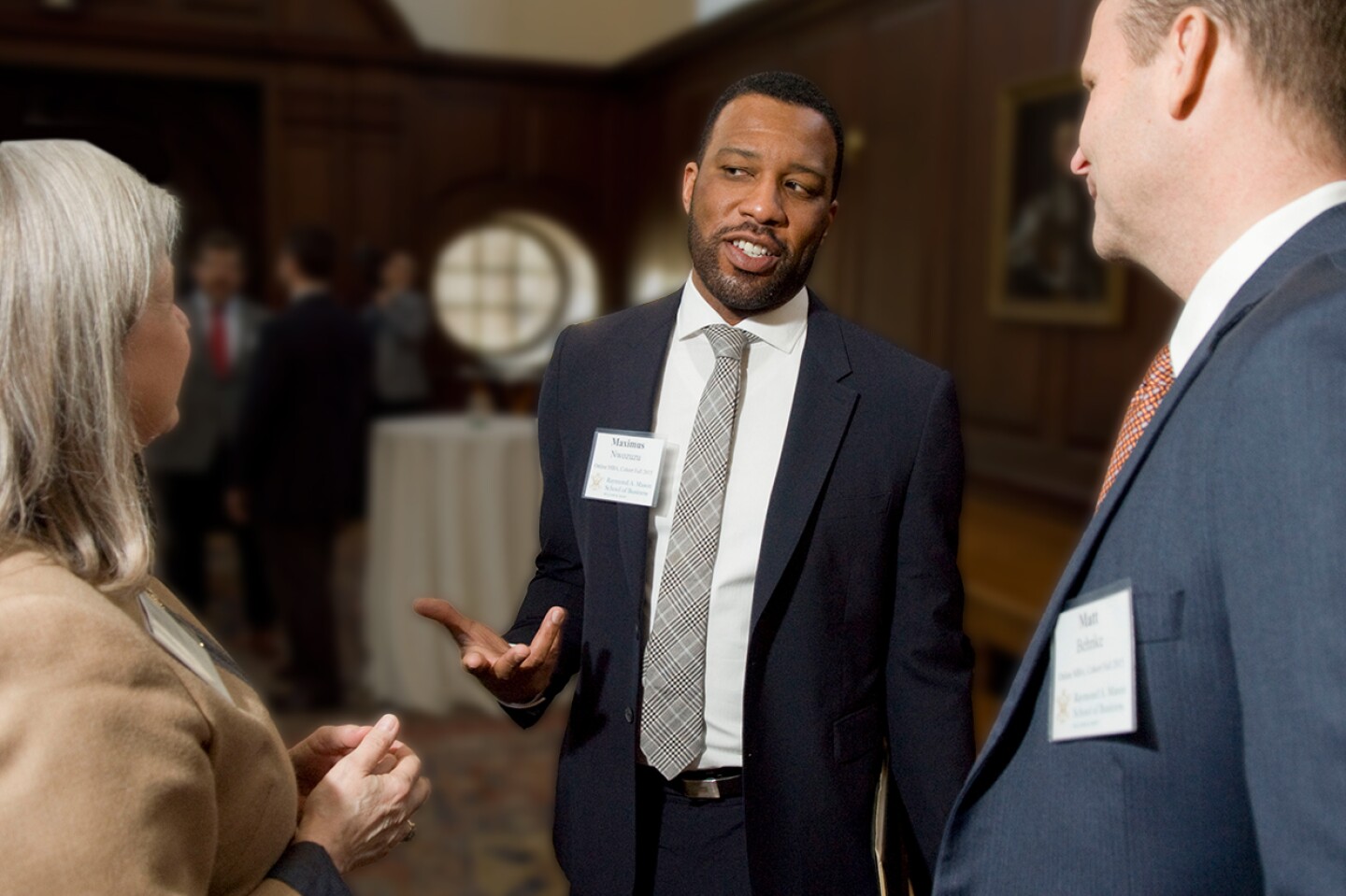
William & Mary MBA alumni can be found at many notable employers, including:




























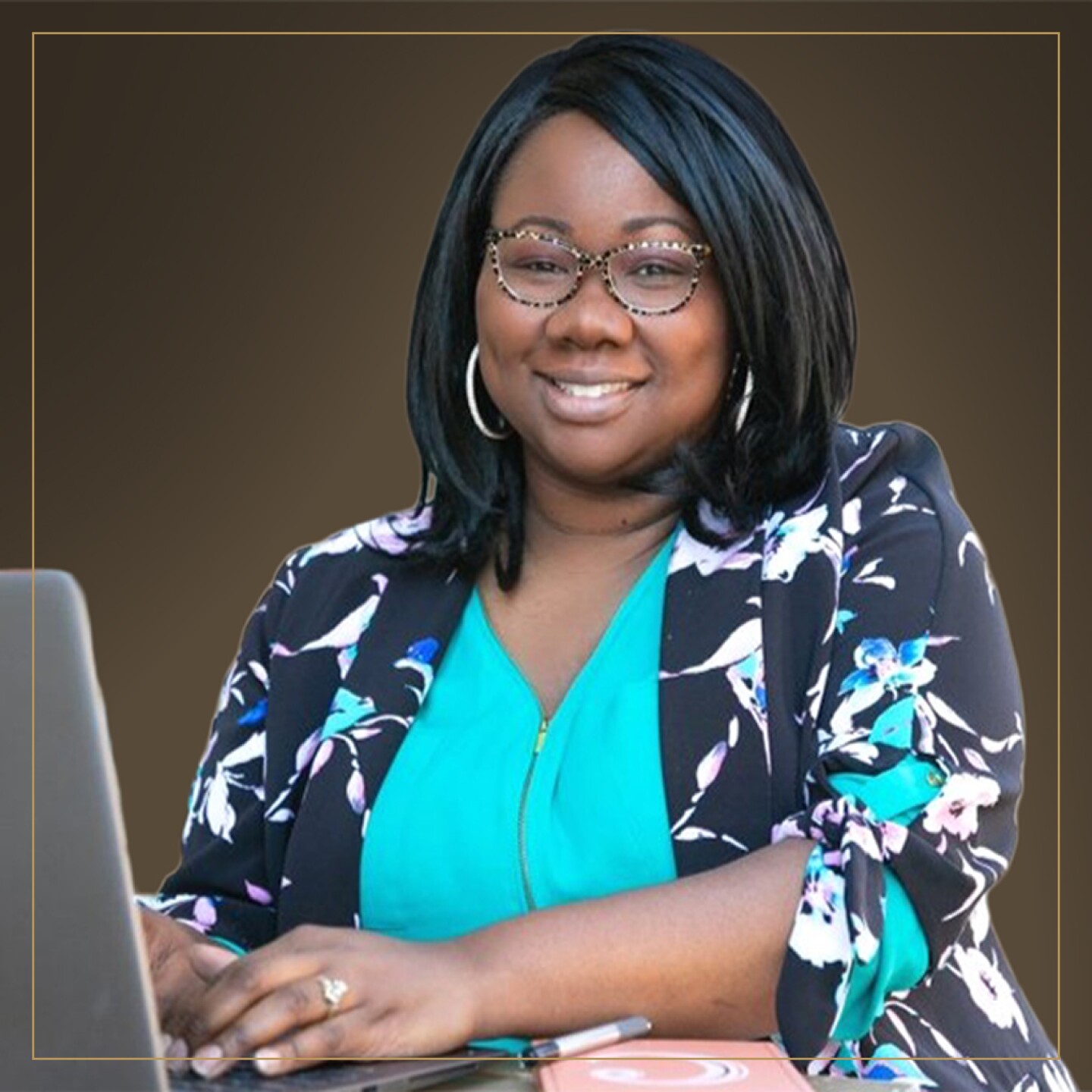
The William & Mary Difference: On-Campus Residency Weekend
Connect with your cohort and the William & Mary campus community at Residency Weekend. The Online MBA for working professionals includes one required on-campus Residency Weekend at our beautiful Williamsburg, Va., campus. This immersive experience allows you to meet with faculty, peers and business leaders from across the country while diving deep into practical business applications.
During the residency, you’ll participate in hands-on workshops, leadership development sessions and networking events that enhance your learning experience. Residency Weekend offers a unique opportunity to build lasting professional relationships with fellow working professionals, further strengthening the William & Mary Tribe network.
As you plan your trip to campus, consider bringing your family along and turning the weekend into a longer trip. William & Mary’s hometown is known for Colonial Williamsburg, where history comes to life. Further from campus, you’ll find Busch Gardens, Water Country USA and the Jamestown Settlement.
Learn more about the Residency Weekend experience and how it enhances the online learning journey for working professionals.
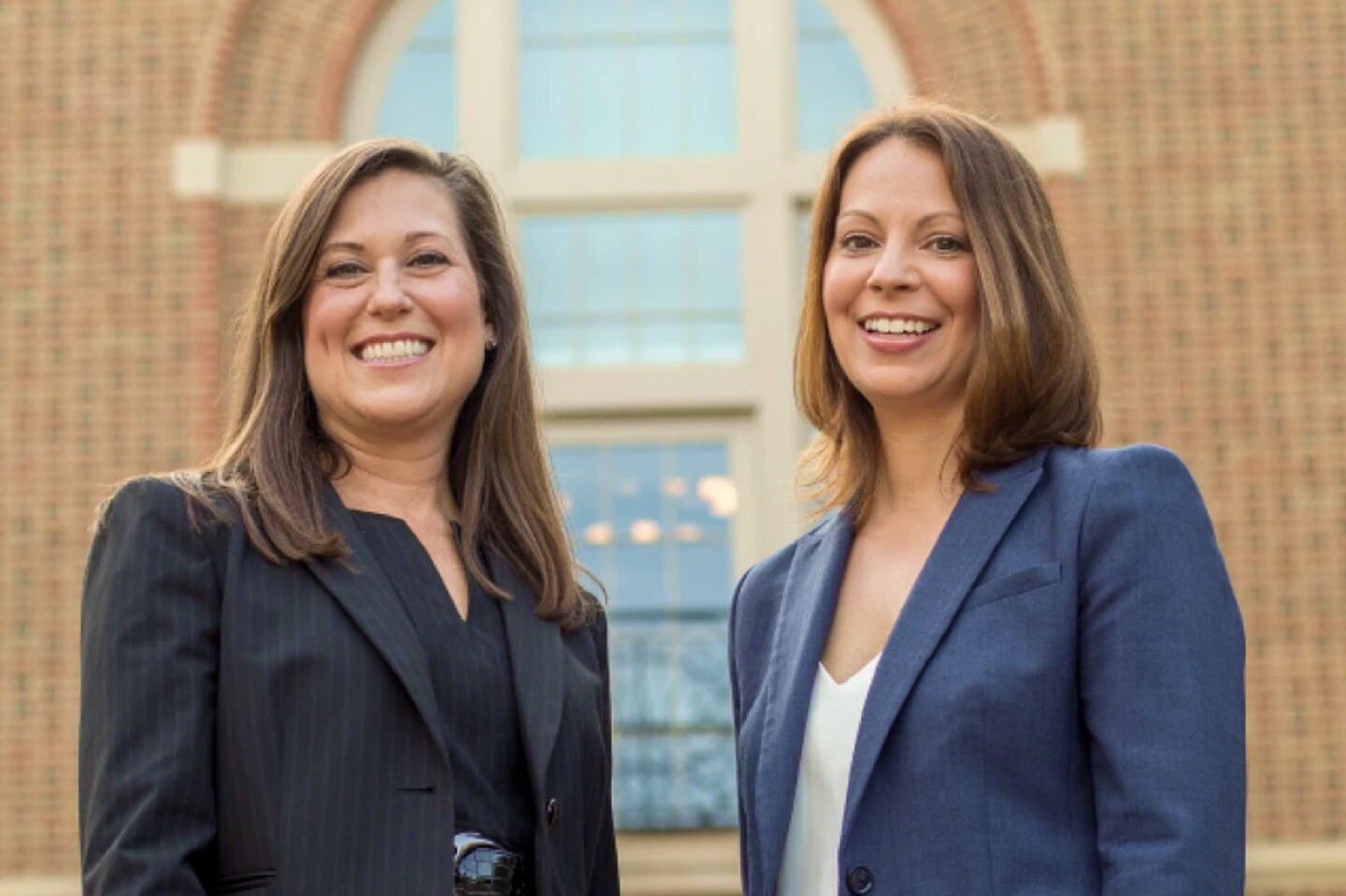
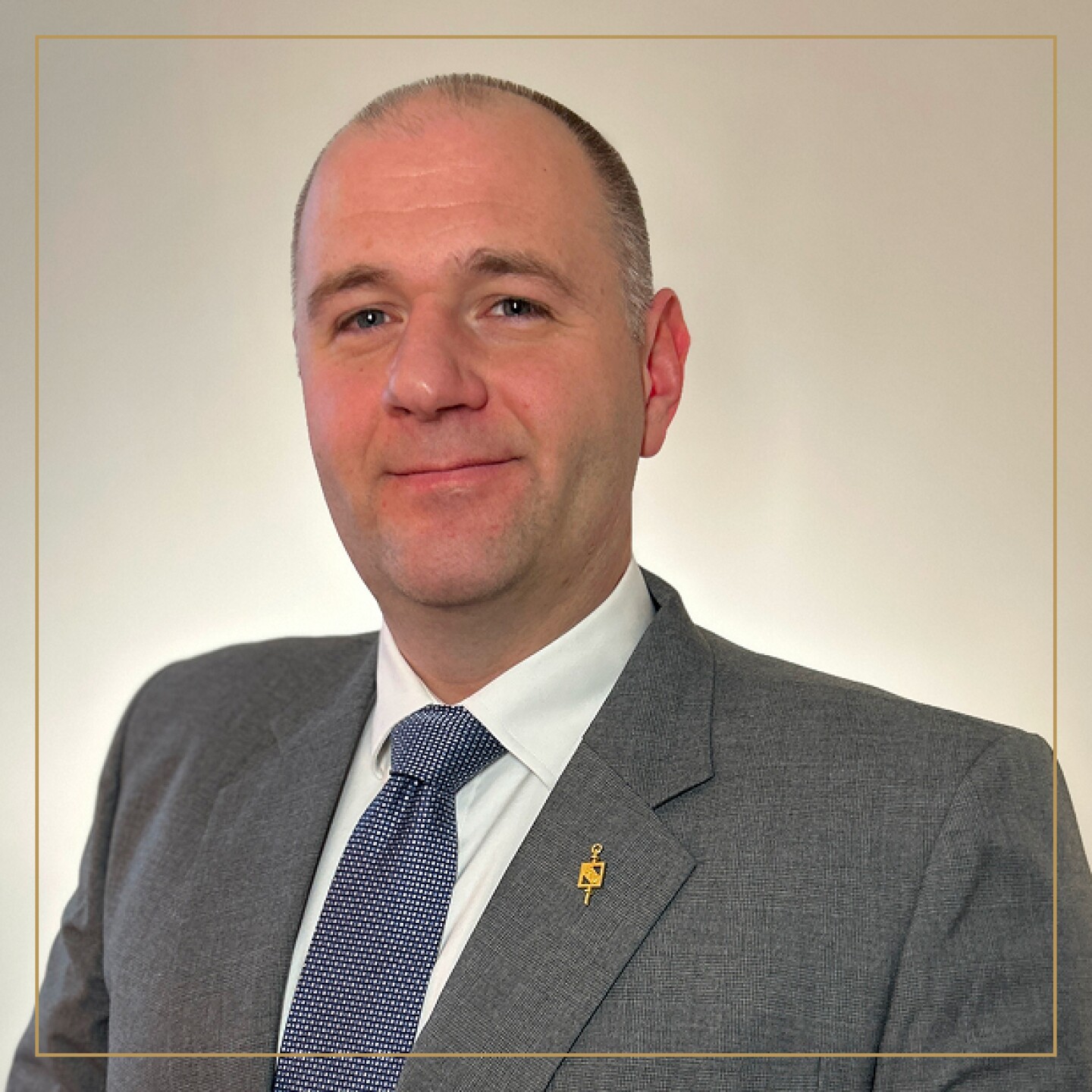
Military Leadership Meets Business Excellence
William & Mary’s Online MBA program proudly serves military personnel, veterans and their families. We understand that military experience provides valuable leadership skills that translate powerfully to the business world.
As a Yellow Ribbon school with a dedicated Center for Military Transition, we offer specialized support for service members transitioning to civilian careers. Our Online MBA for working professionals provides the flexibility needed for active duty personnel while delivering the business education necessary for post-service success.
Learn more about the Mason School of Business’s support programs for military-affiliated students.
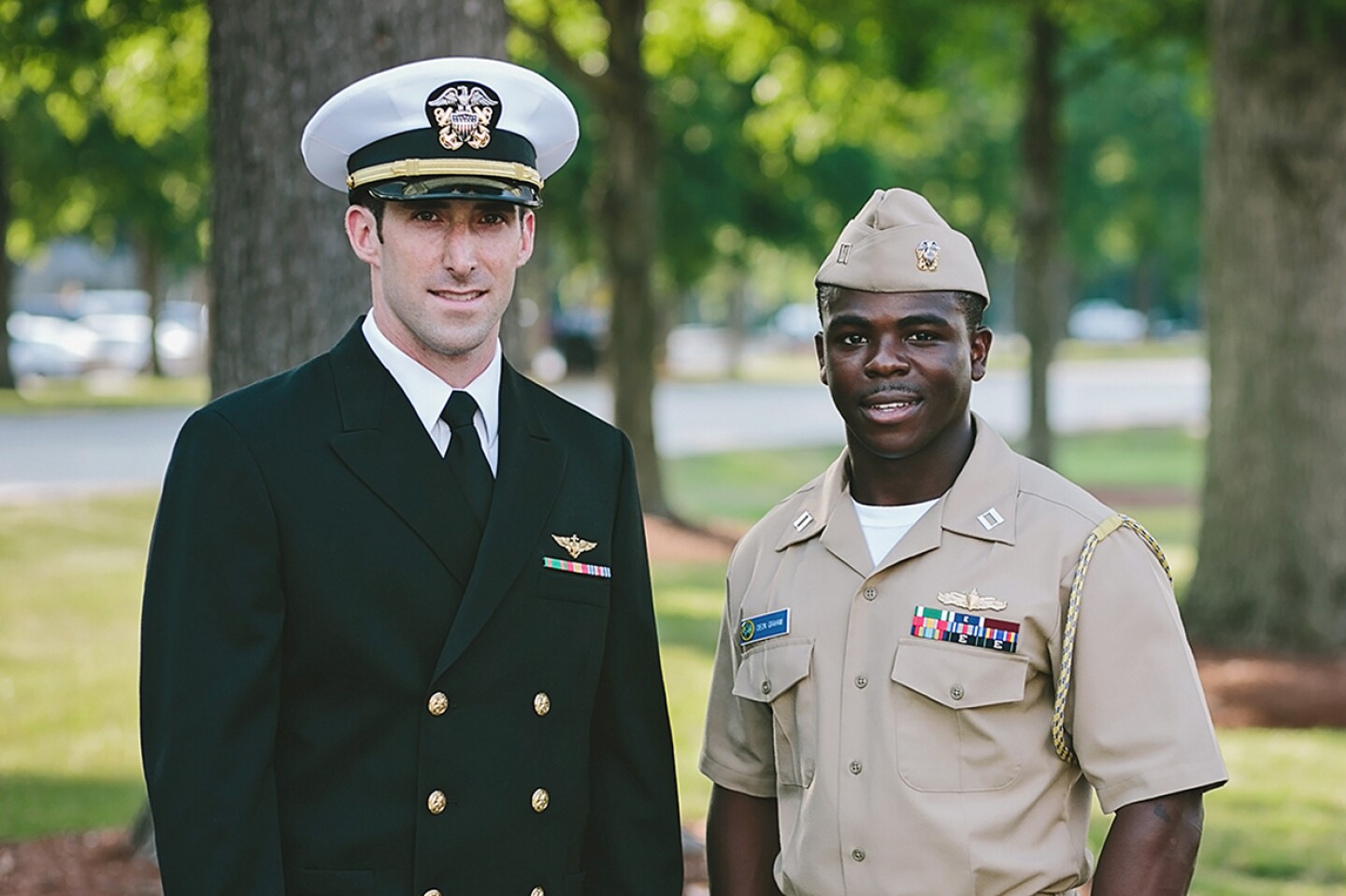
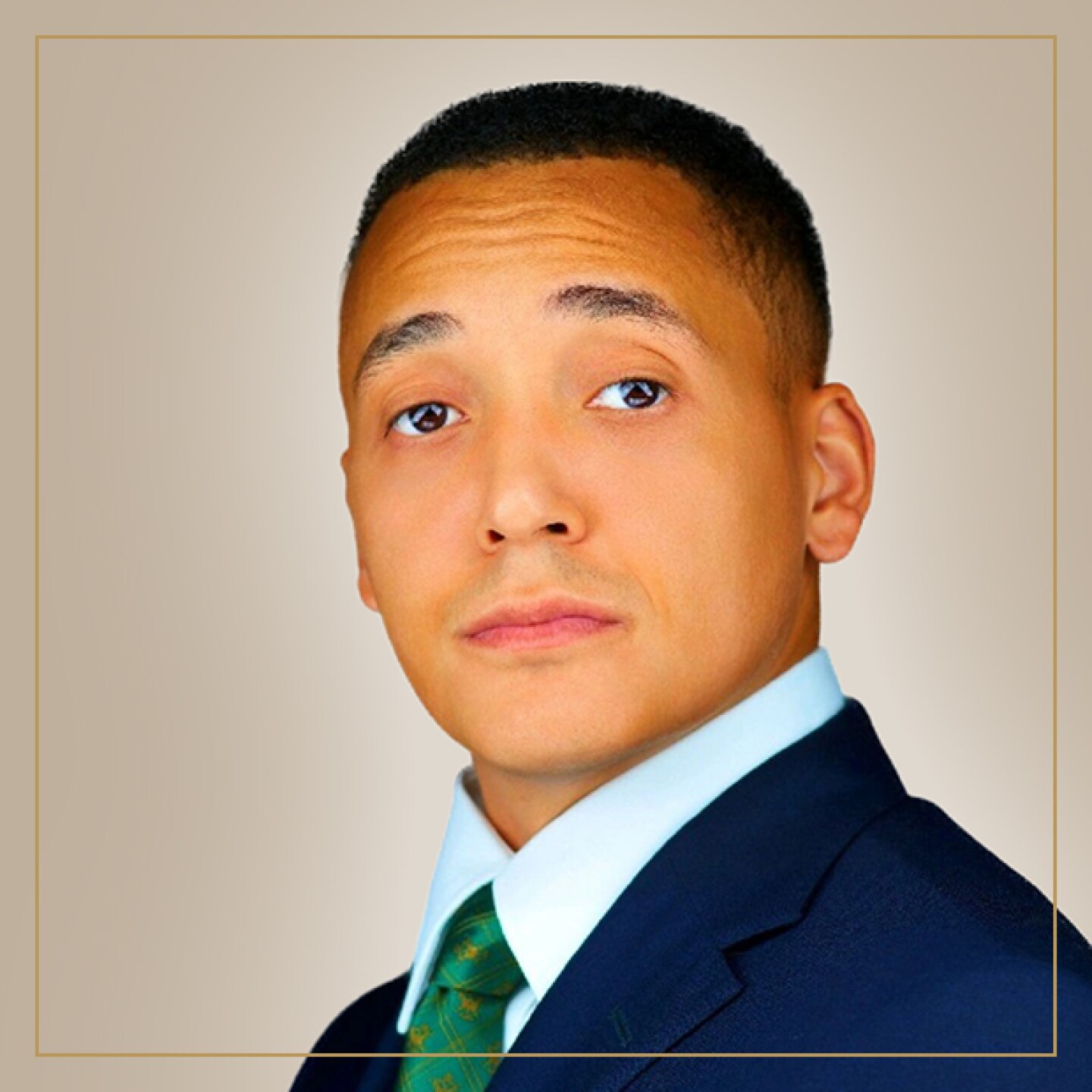
The Value of Cohort Diversity
Our Online MBA cohorts have historically represented over 100 undergraduate universities and an impressively diverse student body in terms of ethnicity, career field and professional history. The story these statistics tell is that this program is one in which a variety of voices come together to develop their skills while also contributing to the personal and professional growth of others.
Gain invaluable exposure to a varied group of peers with new and important perspectives, and let their insight help you navigate the challenges and opportunities created by the wicked problems of modern business.
The Who’s Who of the Online MBA
A snapshot of the people most likely to be in your cohort:3
- 9 average years of work experience
- 3.2 average undergraduate GPA (on a 4.0 scale)
- 32% U.S. minority
- 46% female
- 16% from a military background
An MBA Curriculum That Advances Your Career
The William & Mary Online MBA curriculum is designed for working professionals who need to balance career demands with academic growth. Our “wicked problem” framework threads throughout the program, allowing you to apply new concepts immediately to workplace challenges.
You’ll complete the core curriculum and will take either 8 credits in your chosen specialization or 8 credits of electives if you do not select a specialization. Create the exact foundation you need for your career.
Explore the core curriculum and specialization elective courses.
Working Professional MBA With an Analytics Focus
We recognize that many motivated working professionals today wish to build a set of technical skills that fall outside of our standard Online MBA curriculum’s focus. Likewise, corporate leaders are looking for employees who can work effectively with data to drive key business decisions. For these reasons, we’re excited to offer two options to accommodate student demand for more robust programming and analytics courses.
Complement the Online MBA program with our Online Foundations in Business Analytics Certificate to add hands-on technical experience to your leadership skills and leadership toolkit over a three-course (12-credit) curriculum
Both of these options can be integrated seamlessly into your Online MBA program sequence, allowing you to build these additional skills without extending your time to degree. And, with either of these options, you will graduate with a greater understanding of the language of data and be able to turn patterns into actionable insights. Redefine strategies to enhance agility and better drive profits.
More Information
More Than a Degree.
This Is Your Launchpad.
A William & Mary education is not just a degree but a unique connection to a tight-knit community of students, alumni, bold educators and driven, principled, connected leaders. Build your brand with a university known for breaking barriers, championing integrity and channeling academic grit since its inception.
The Raymond A. Mason School of Business imparts essential business knowledge and builds the dynamic mindset necessary to lead in today’s challenging and rapidly changing business environment. As an online graduate business student, you will:
✓ Graduate with the perspective to envision and enact positive
change
✓ Access mentorship and experiential learning opportunities
✓ Receive personalized career support
✓ Build a lasting network to bolster your career for years to
come
This will only take a moment.
Interested in Our Online Programs?
- Based on a limited sample of self-reported data from alumni of W&M’s Online MBA program from graduating cohorts between 2021 and 2025
- Retrieved on May 6, 2025, from gmac.com/-/media/files/gmac/research/employment-outlook/2024-corporate-recruiters-survey/2024_gmac_crs_report.pdf?rev=43588bfef9a549af9bb00a432a3d7b06, pg. 52
- Based on cumulative self-reported W&M Online MBA Student Profile Data collected from all cohorts between 2020-2024
